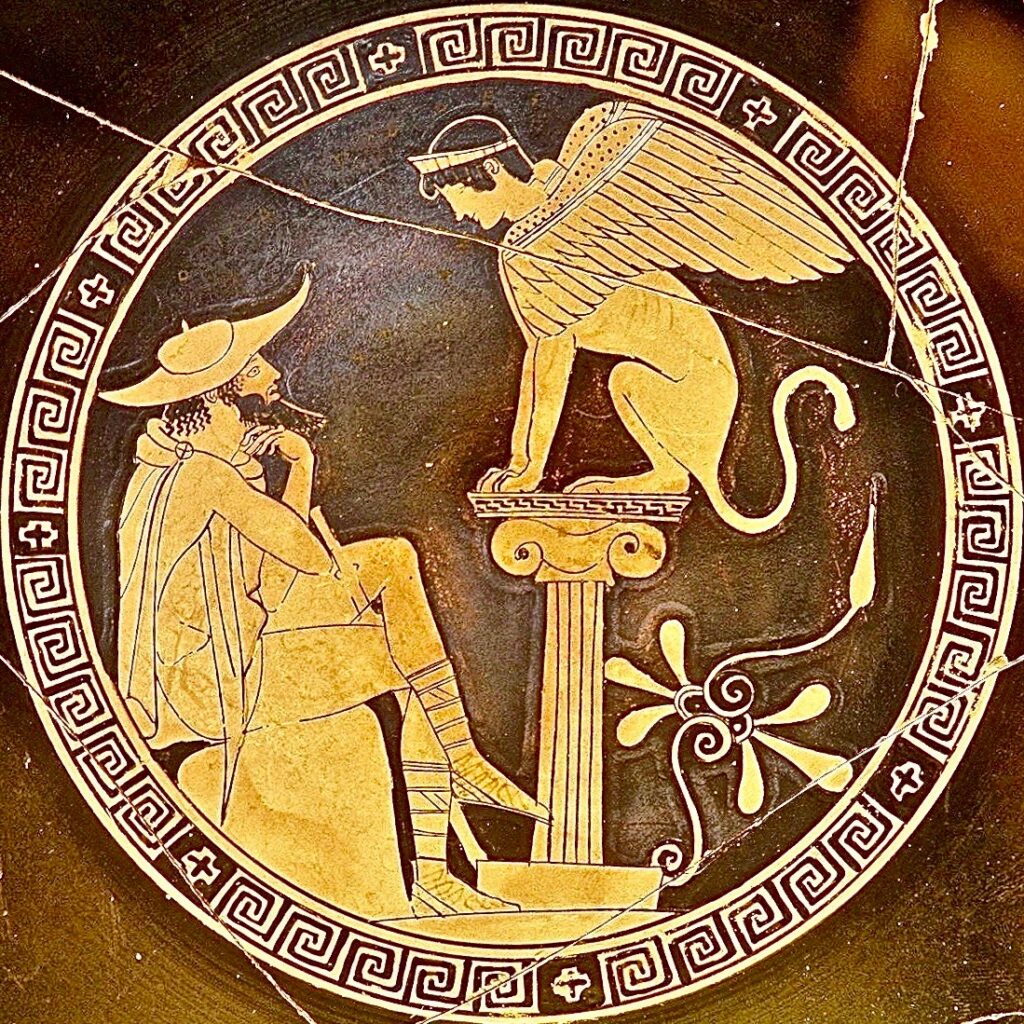Visitors to the Kamuzu Academy are impressed to discover, alongside the Greek theatre and the Appian Way – which bears the name of one of the great roads of ancient Rome – a flourishing Classics Department, which serves to embody the Ngwazi's vision. The Department has been served over the years by graduates of the Universities of Oxford and Cambridge, Queen's (Belfast) and St. Andrew's, KwaZulu-Natal and Malawi, who teach Greek and Latin to pupils at all levels within the Academy. Greek (for two years) and Latin (for three) are mandatory subjects in the Lower School and at least one Classical language is studied for (I)GCSE. Greek and Latin are available as electives at A level.
In the Lower School, emphasis is placed upon the acquisition of the rudiments of Greek and Latin grammar. It is well said that the study of the Classics is the key to linguistic competence in all languages: indeed, in the Middle Ages, læden referred not just to Latin, but, by extension, to any language. By studying closely the structure of these highly inflected languages, pupils learn to think precisely about the meaning of words and their mutual relationship in a sentence: like ‘the iota that split Christendom’, a single letter can make all the difference. Moreover, Latin is the ancestor of the Romance languages, which include French, Italian, Spanish and Portuguese; and educated English is distinguished from the vulgar by its panoply of Greek and Latin loan-words.

The Kamuzu Academy Lower School Certificate in Greek (KALSCG) is awarded internally (but validated in the UK): it rewards pupils in the Third Form who have learned the rudiments of Greek grammar and have completed a course of reading of the New Testament and simple Classical authors in the original language.
It is, however, in the Middle and Upper Schools – where nowadays pupils must take either Greek or Latin to (I)GCSE level, and have the option of pursuing either or both languages to A level – that pupils begin to enjoy the fruits of their elementary studies and to realise the true import of the Greek and Latin Classics to the history of civilisation. Besides Statesmanship, as embodied in the writings not only of Julius Caesar but also of the great historians – on the one hand, Herodotus and Thucydides, on the other, Tacitus – pupils discover, in the Classical authors, the origins of the Western European traditions of Epic and Lyric Poetry, Tragic and Comic Drama, Philosophy and Rhetoric, Mathematics and the Natural Sciences, and much more. Study of the manuplastic creations of both Greek and Roman civilisations – as embodied, for example, in Athenian vases, Hellenistic sculpture, buildings of the Mathematical perfection of the Parthenon – offers one of the highest aesthetic pleasures known to Man. And Democracy itself, which allows the liberty to pursue these studies, is a Greek invention.
We use the CIE syllabus for Latin at IGCSE level, and cum permissu, the OCR syllabus for Greek at GCSE level and Greek and Latin at A level.
Teaching is not confined to the classroom. There is an established tradition of Classical plays and Declamation contests at the Academy, both of which serve to encourage pupils to engage actively with Greek and Latin as spoken languages. In recent years the annual Greek Play has established Kamuzu Academy alongside the great schools of England in maintaining this tradition. Although Latin is not (yet) commonly heard on the Appian Way, when Presidents of the Republic of Malawi have honoured the Academy with their presence, they have been welcomed in Latin.
